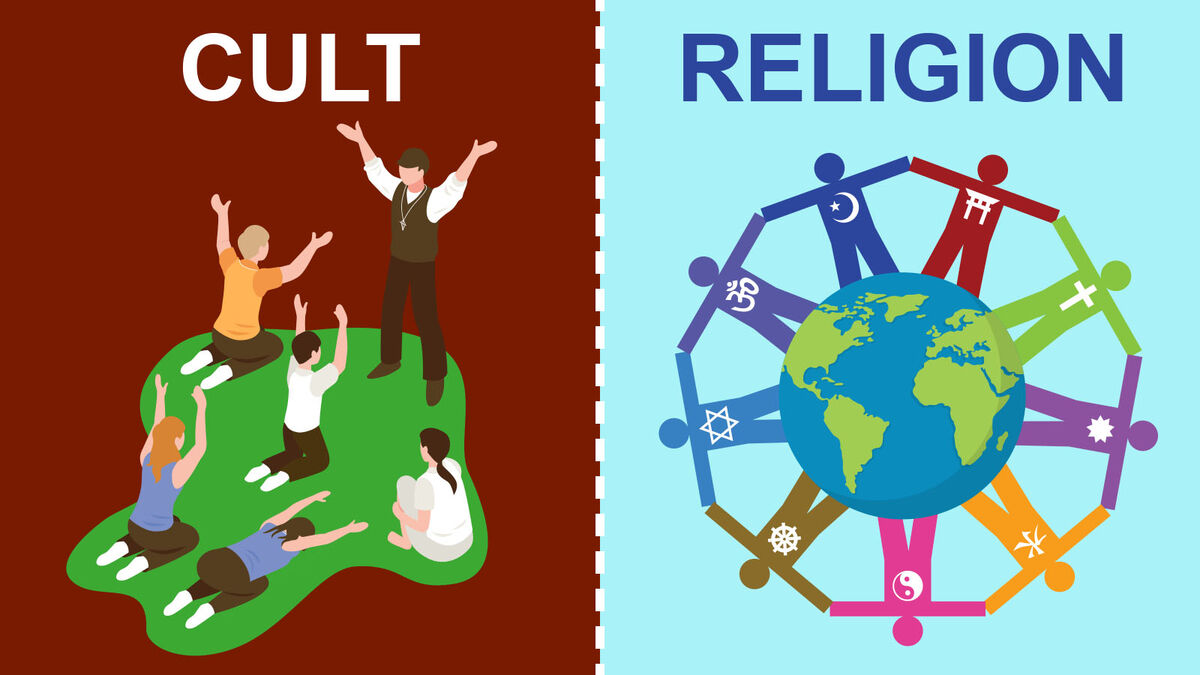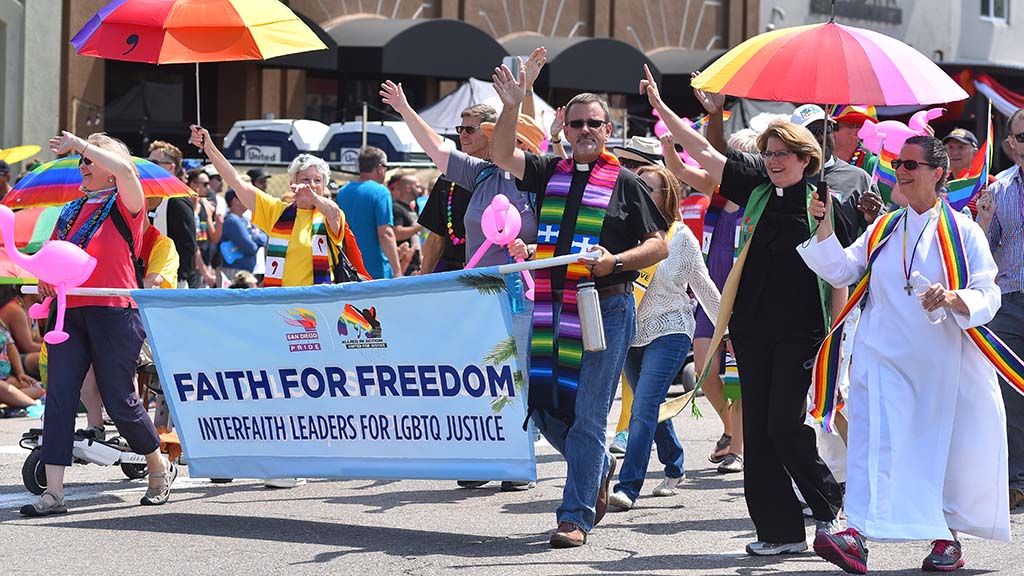There are a lot of stories about cult and Religion groups in pop culture these days. There are a lot of films and podcasts about strange groups right now, like Jonestown and Heaven’s Gate. But what makes a group different from a religion? Let’s look into the talk and figure it out.
Cult and Religion: Believers vs. Cult Members: The Problem with Labels

Followers don’t like the word “cult.” Instead, they often call themselves believers or students. The other side is that families, the police, and the media use “cult” to criticize or charge these groups. Who has the last word, and what’s the deal with this controversial label?
Cult vs. Religion: What the Terms Really Mean
“Cult” is sometimes used to refer to a religious group, but it can also mean a social force. Although some groups may fit the definition of a new religion, people still have strong feelings about the word “cult.” Scientology and Mormonism, for example, were seen as new religious groups at first but were later called cults, especially by people in the U.S. who were not Mormon.
How Religious Movements Have Changed Over Time
Robin Clark, a professor of linguistics, says that the word “cult” used to refer to religious practices but now it refers to social groups with “socially deviant” views. Ori Tavor, an East Asian Languages lecturer, uses the term “new religious movement,” which was made up by academics, to talk about religious groups that started after the 1800s.
Cult and Religion: Leaders with charisma and common themes
Cults and faiths often have charismatic leaders, like L. Ron Hubbard in Scientology and Jesus in Christianity. In their texts, the idea of “end days” comes up over and over again, whether it’s in Nirvana, heaven, or outer space.
Cult and Religion: From the 1800s to Now: Making New Movements
In the 1800s, economic problems caused new religious groups based on Christianity. But things changed in the 20th century when Eastern books came on the scene. People who were unhappy with Christianity looked for more modern ways to pray, which led to the growth of groups like the Hare Krishnas and transcendental meditation.
Jonestown: An Important Moment
A very important time in U.S. history was the terrible events at Jonestown in 1978, which were led by Jim Jones. The mass suicide of Jones’s followers shocked the country and made the word “cult” well-known, making Jonestown a perfect example.
Waco, Heaven’s Gate, and Factors That Determined
Other events, like the Branch Davidians in Waco and Heaven’s Gate in 1997, made the argument even stronger. A group is usually called a cult if it has extreme views, acts violently, or has a lot of suicides.
Cult and Religion: Time as a Way to Set Things Apart
Ori Tavor says that time is a very important way to tell the difference between a cult and a faith. Scientology used to be called a cult, but now it is recognized by religion. At first, Mormonism was seen as strange, but now it’s a worldwide faith with more than 14 million followers.
The Label of a Cult: Government vs. Society
As with Falun Gong in China, the government can sometimes decide if a group is a cult. In the U.S., religious leaders and popular culture often make decisions, and violent acts have a big impact on the label “cult.”
The Never-Ending Search for Answers
There will always be heterodoxy as long as there is consensus. People will keep looking for solutions, and leaders will show up and say they have them. It will be clear over time whether these fans are part of a cult or just regular people who go to church.



